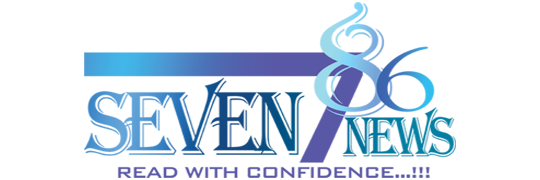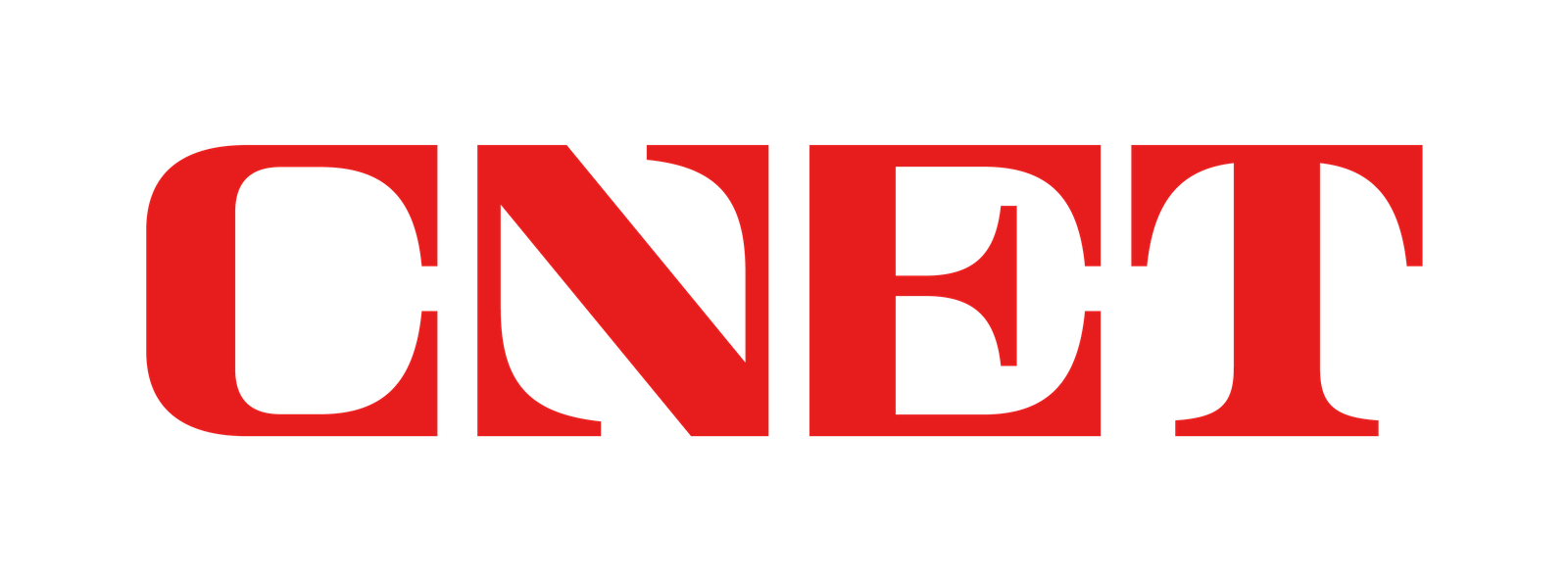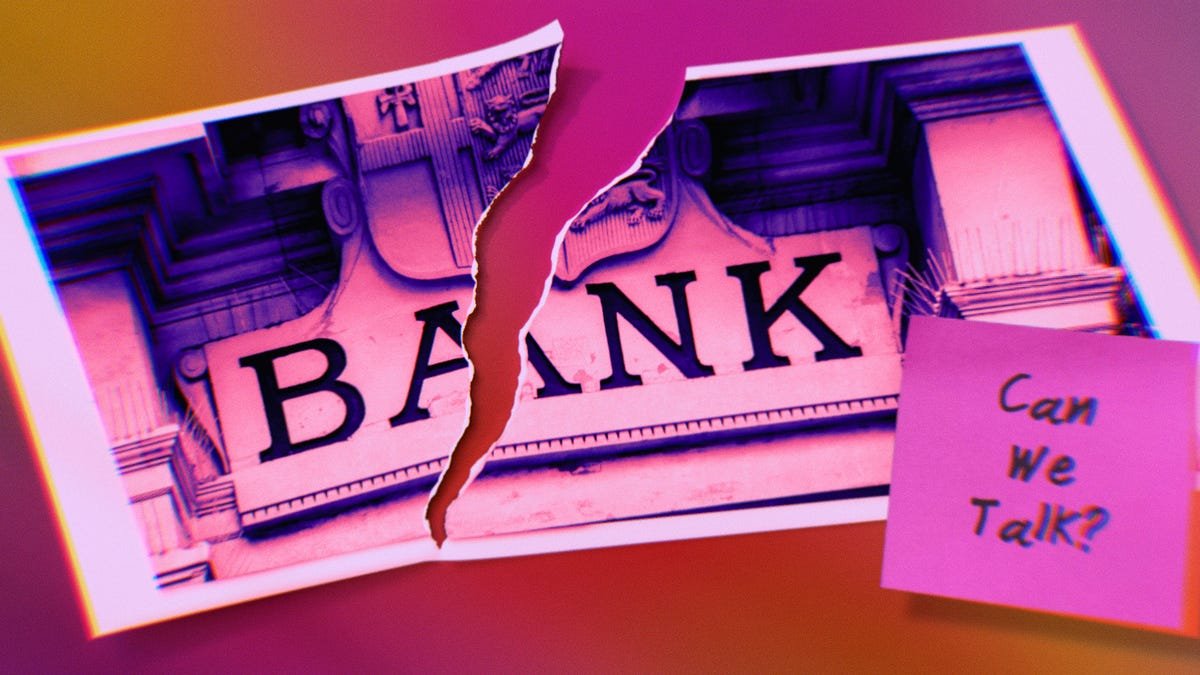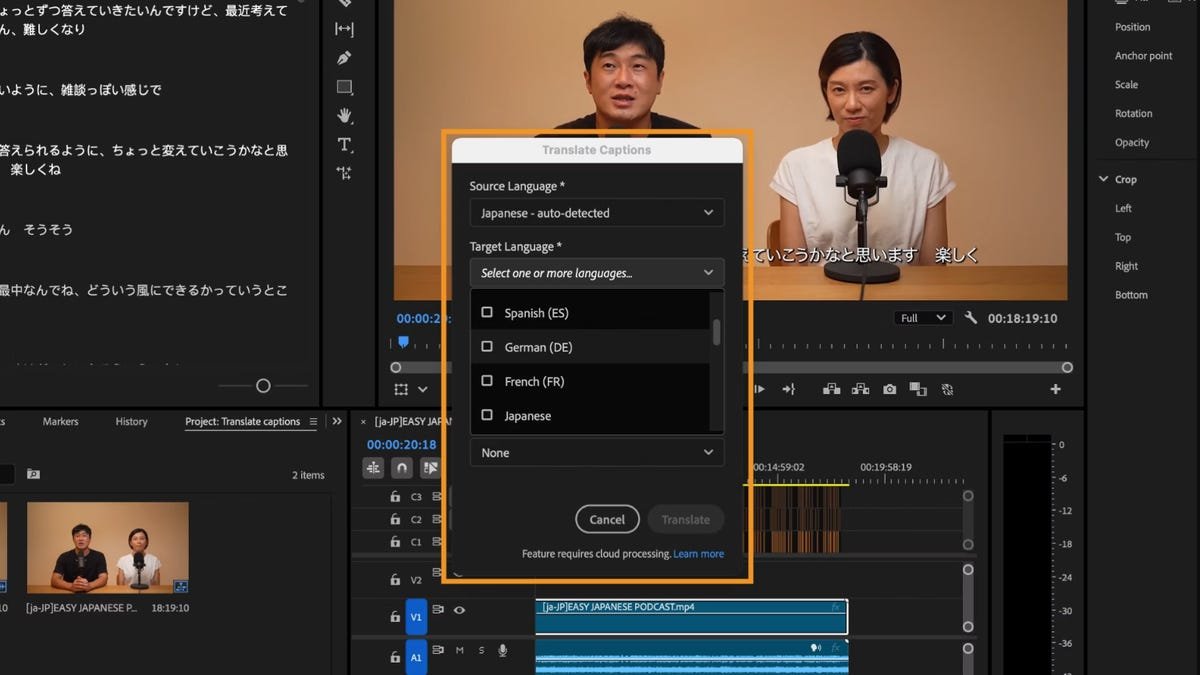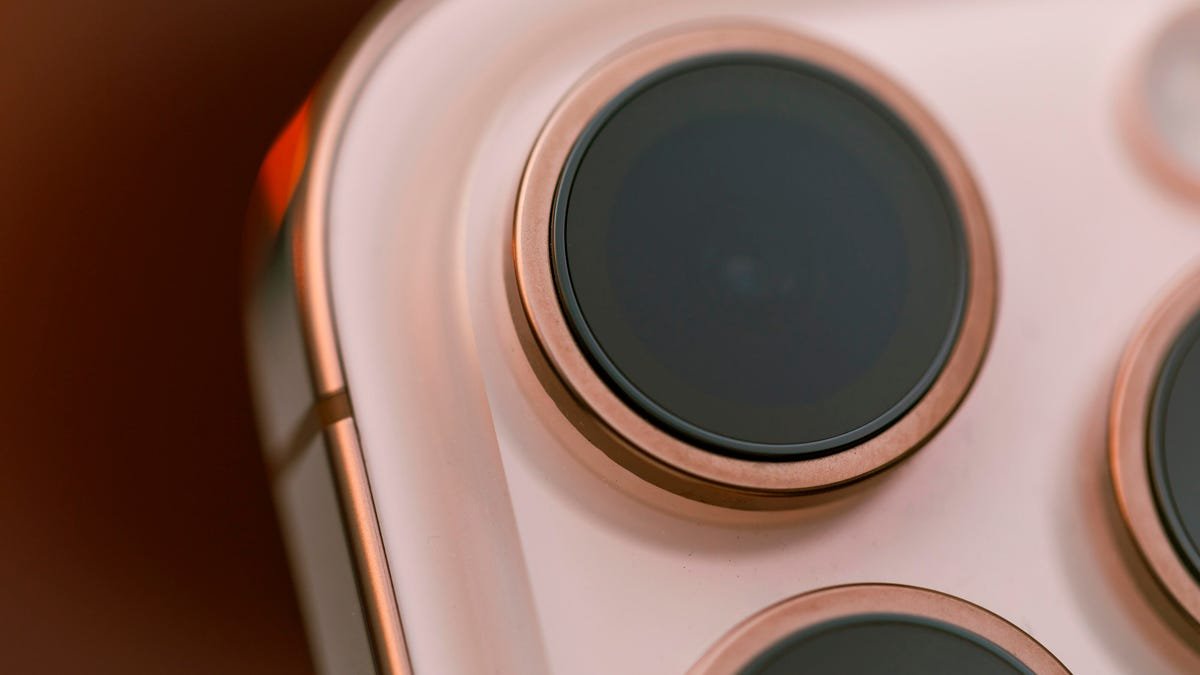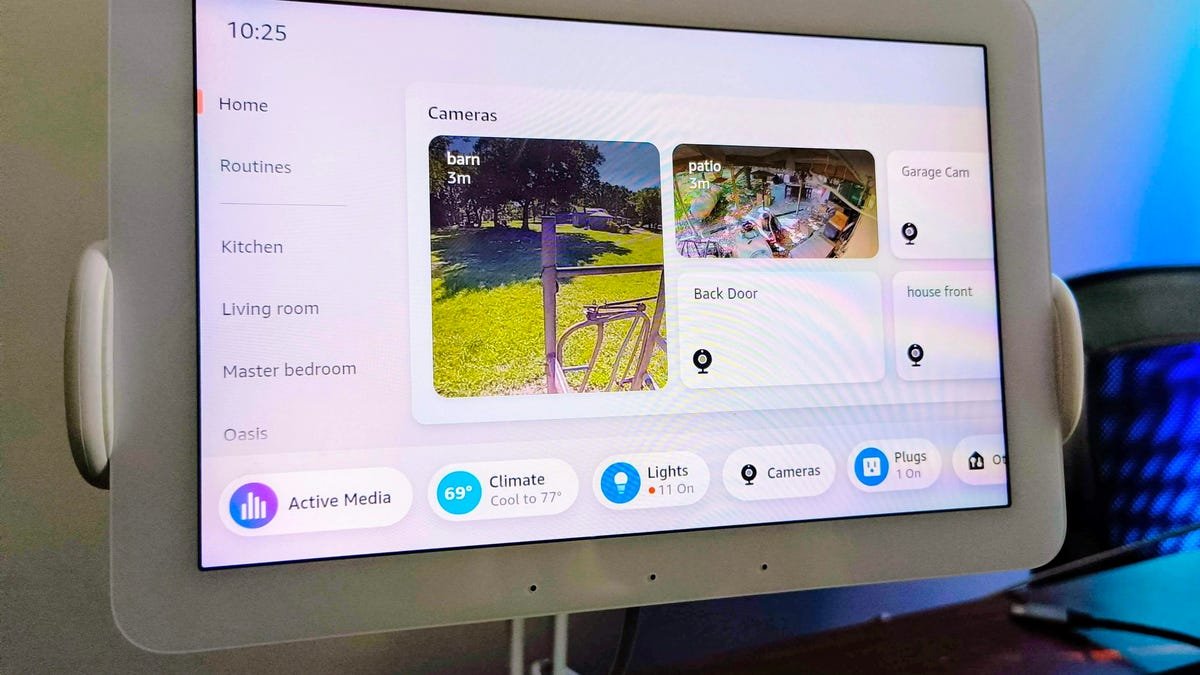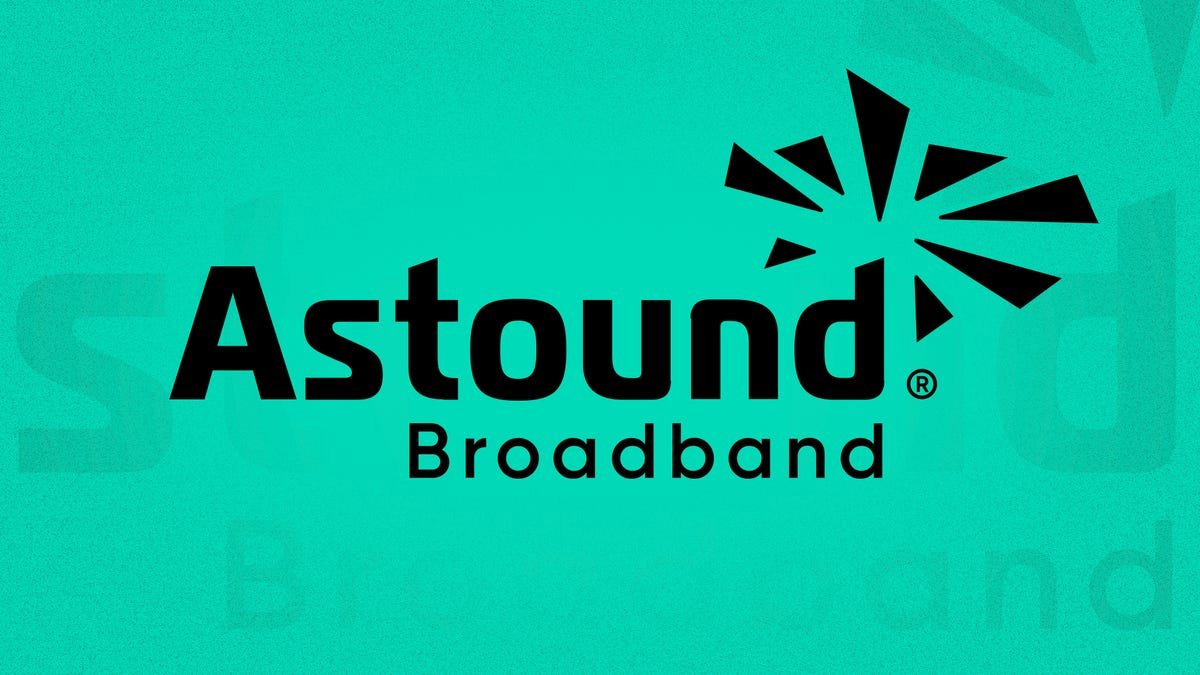
I’m a Money Expert With $10k in Credit Card Debt. Here’s How I’m Paying It Off
2024 was a big year for my family, and not in a good way. My partner lost his job, our dog was diagnosed with cancer and one of my family members suffered a stroke.
As a personal finance expert, I pride myself on taking risk into account. I have a high-yield savings account and I’m more aware than most of the perils of the credit card debt trap. So how did I find myself in this situation?
Life is unpredictable, and sometimes we don’t have the resources to handle what comes our way. As such, 45% of American households hold credit card debt, according to recent data from the Survey of Consumer Financeswhich shows me that I am not alone in my struggles.
I used to vilify credit cards, but through my work and lived experiences, I now recognize them as a tool. Although debt is morally neutral, having more of it than you intend to can dig you into a financial hole. By removing the common vitriol associated with debt and making a clear plan, we can zero out our balances sooner.
Here is what I am doing to pay off $10,602.27 of credit card debt in six months.
Voices
Meet industry creators, contributors and emerging thought leaders that have paired with CNET’s award-winning editorial team to provide you with unique content from different perspectives.
Identify the real numbers
The first step to paying off any type of debt is knowing your numbers. What is the total debt owed? What is the minimum monthly payment? What is the interest rate? This helps you see what you’re up against and how you need to prioritize your money.
For example, here is a chart with the above information on my credit cards. I used this so that I could take into consideration what my debt looked like.
Card | Discover | AMEX | Care Credit |
Total debt owed | $4,494.57 | $5,074.82 | $1,032.88 |
Monthly payment | $106.77 | $140.00 | $62.00 |
Interest rate | 29.99% | 22.15% | 0% until March |
An important thing to note is that some of your credit cards may have introductory rates. My Care Credit credit card, for example, is 0% interest until March. Then, the interest rate skyrockets to 32.99%.
Have an emergency fund
One of the reasons I got into debt was because my emergency fund wasn’t as large as I would have liked. At the moment I could pay off my Care Credit card with the amount of money I have saved in my savings account. I’m choosing not to because that amount of savings is the only defense I have between myself and debt.
This is why having an emergency fund is so important. If you have no cash saved, you could dig yourself into more debt that will be harder to get out of.
Pro tip: If you’re paying down debt and you don’t have an emergency fund, prioritize saving at least one month’s worth of expenses as a safety cushion. This will help you avoid indebting yourself further and allow flexibility when dealing with unforeseen circumstances.
Create a debt payoff plan (and stick to it)
There are many debt payoff plans out there. The best one is the one you will stick to.
I’m going to use the debt snowball method. The debt snowball method prioritizes paying off the debt with the lowest total amount owed. By paying the minimum on every other debt, you free up more money to allocate toward the smallest balance. Once the debt with the lowest total amount owed is paid off, you apply the amount you were paying towards that debt to the next-lowest debt on your list.
The reason I am choosing this method is because of the Care Credit introductory rate. While the 0% interest rate was helpful at the time of my dog’s cancer treatment, I do not want to be charged with a 33% interest rate when I can quickly pay off the remaining balance before that happens. After I pay off the Care Credit credit card, I will move on to the Discover card, then finally the Amex card.
Budget extra money toward debt
I sat down and ran the numbers over the last few months. I put spending averages into categories and created a realistic monthly budget. While that budget is tight, I am committed to following it so that I am able to pay off as much debt as I can each month.
I am also putting any “extra” money, including commission, side hustle income, gifted money and tax returns toward debt. (I would much rather use that money to fix my perpetually broken hot tub, but I’ve committed myself to paying off debt first.)
Build a budget you can stick to with Rocket Money, CNET’s editor choice winner and pick for best budgeting app.
Details
Remember to have fun
Paying off high interest credit card debt is important to my financial journey, but it’s not the only important step. A few years ago I would have told you to focus solely on debt payoff if you were in debt of any kind. Now I know that sustainable debt payoff is more important.
I’m encouraging myself to have fun while I pay off credit card debt. I still went on vacation this fall, I still order DoorDash and I still buy myself treats here and there. It may seem counterintuitive, but spending money on yourself and practicing financial balance is key to staying motivated during debt payoff.
Your debt payoff journey doesn’t have to be all or nothing
It may take you a little while longer to pay off debt, but you’ll hate your life much less in the process and you’ll avoid regressing or stopping completely. Sustainability and longevity are what you should aim for in your money journey.
